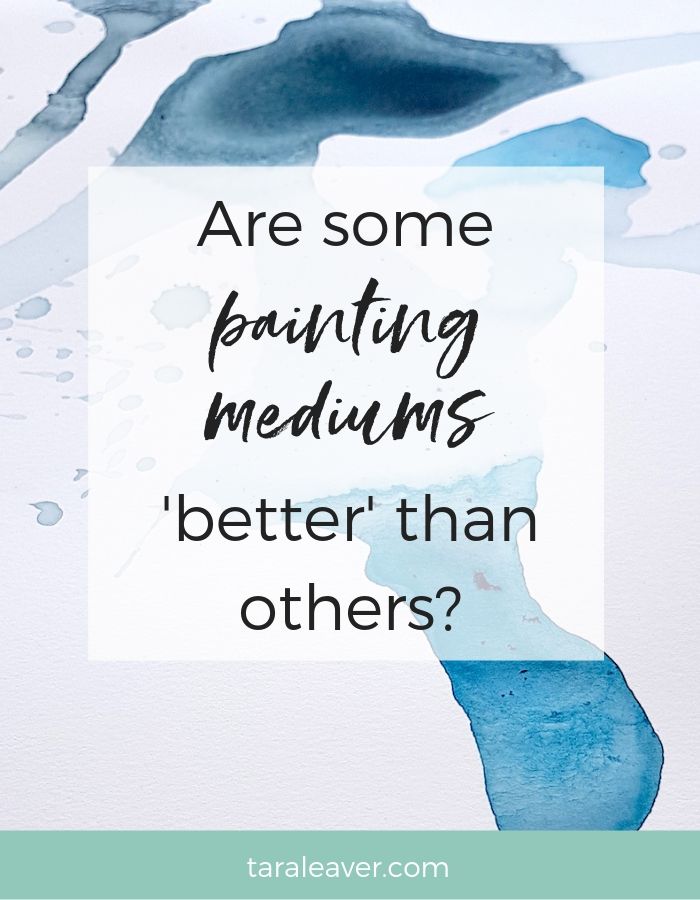
During a conversation recently with artist friend Megan Auman, {who also happens to be a very successful jewellery designer and business owner}, she asked me a thought provoking question about painting mediums.
Are watercolours less valid as an artistic material if you want to be a ‘serious’ artist?
And you know me, I like a bit of thought provocation. 😉 So I decided to take up her suggestion to explore it in a blog post.
Here’s what Megan said:
“I guess I’ve always assumed (or maybe it’s just from years of going to museums and exhibitions) that you can’t just build a painting career around watercolor, that those are just “studies” to support “real” paintings in oil or acrylic.
I’ve been doing all these watercolor “drawings” (which I sort of call drawings because I actually start them with watercolor markers and then use a brush with water to blend/bleed the colors).
I really like them, and I thought about maybe applying to some shows or something with them, but in the back of my mind, I can’t quite shake the feeling that they aren’t “real” enough art to actually warrant showing in a gallery.”
Now, I’ve used watercolours before {obviously; I want to try all the things!}, and I never got on with them very well.
While I understand the logic, it amuses me that watercolour is what beginners often gravitate to first because it seems easier, or perhaps less daunting than something like oils or even acrylics.
But watercolours are much harder than they look!
Mistakes are very difficult to cover, the lack of opacity means layering is a very different proposition than it is with, say, acrylics, and their reliance on water makes them wayward and unpredictable.
And yet, the fact that watercolour is often seen as a beginner’s medium does point to Megan’s comment about the perception that it’s not one of the ‘heavyweights’ of the art world.
Even as an artist who primarily uses acrylic, I can feel that slight elevation of oils as the most ‘serious’ and professional of the paint types.
So does that mean that if you’re not using oils, or at least acrylics, your art will be taken less seriously?
- Is watercolour really more for studies or amateur painting competitions than completed masterpieces or ‘proper’ galleries?
- Or is the association with quick studies more to do with how watercolours offer greater speed and immediacy, especially when out and about?
- Could it also be to do with longevity? Watercolours are more likely to fade over time than a nice meaty oil painting.
When Megan asked me about this, a couple of names immediately sprang to mind.
Turner and his deft abstract landscapes with their lightness of touch and gauzy quality.
Georgia O’Keeffe and her vibrating watercolour landscapes.
And Shirley Trevena, a very successful contemporary watercolour artist whose work brings traditional subjects like still life and landscape into something complex, modern and lively.
Turner and O’Keeffe especially are familiar names to most of us, and there are plenty of other artists out there now besides Shirley Trevena using watercolour as their primary medium and finding success with it.
I think if we base our perception on what’s in the big galleries and museums, it’s easy to assume that watercolours – and by extension other mediums like charcoal, gouache, or pastels – are somehow a lesser material when it comes to ‘serious’ art.
And that may be true at the Art with a capital A level. But for those of us who are aiming for local galleries rather than the Guggenheim, I think the playing field of possibilities is wide open.
There are so many diverse materials being used to make art now, from digital to earth pigments, that I’m not sure how useful it is to apply this kind of old school limited thinking to what’s possible. Even if some more old school galleries and art critics disagree.
I believe if you want to sell your work, there is someone who will want to buy it, and will cherish it for what it is, without needing it to be made in certain mediums for it to be ‘real art’. It might take a while to find them, but they’re out there.
And if a certain medium calls to you, I would always suggest following your heart and your curiosity over what ‘they’ might say.
If you’re curious to learn more about past artists who used watercolours, check out this article, and this one for a selection of fascinatingly diverse contemporary watercolour artists. Perhaps that alone answers the question. 🙂
What do you think? Do you use watercolours? Do you prefer them for quick studies or do you think they have validity as a medium to create finished pieces in their own right that can be taken as seriously as paintings in oils and acrylics? Share your thoughts and experience – and any favourite watercolour artists – with us in the comments!
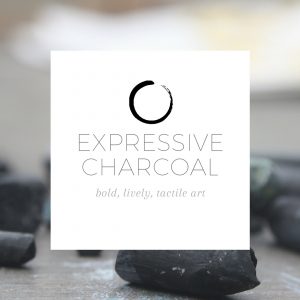 PS. If you’re interested in exploring more of the ‘lesser’ artistic mediums ;), you might like the Expressive Charcoal course, now part of the Happy Artist Studio. In it we explore the capabilities of this tactile, somewhat misunderstood material.
PS. If you’re interested in exploring more of the ‘lesser’ artistic mediums ;), you might like the Expressive Charcoal course, now part of the Happy Artist Studio. In it we explore the capabilities of this tactile, somewhat misunderstood material.
“I just love your charcoal course! It’s a perfect way to loosen up and just get back to basic playing around which is the foundation of my creating. I love the way I can revisit whatever part I like whenever I want to. Bravo!”
Expressive Charcoal student

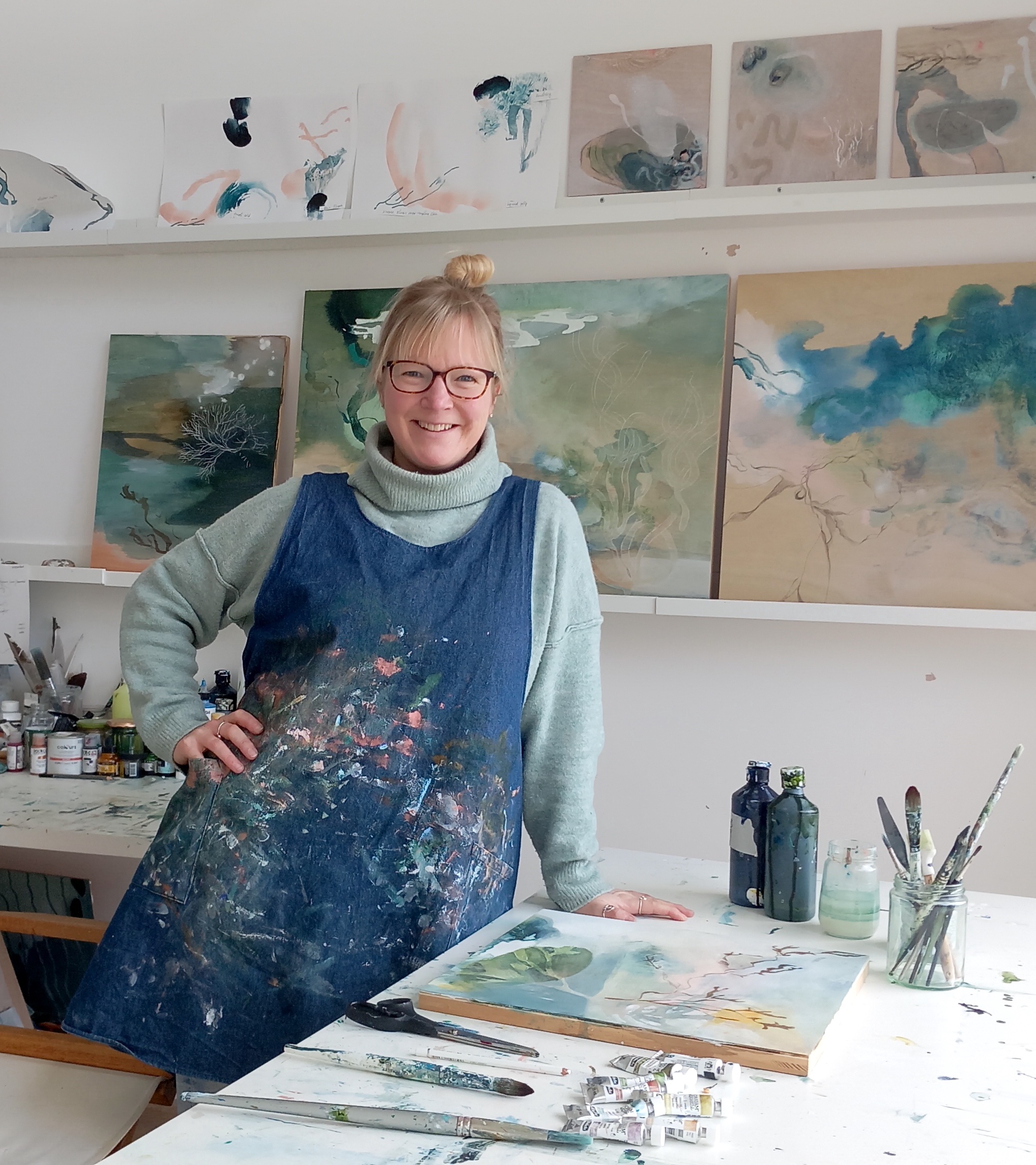
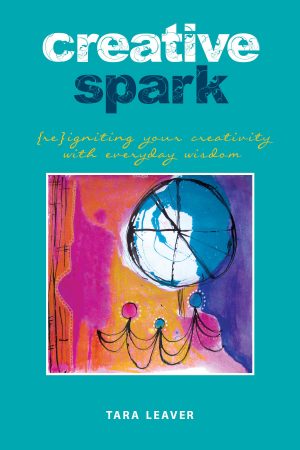
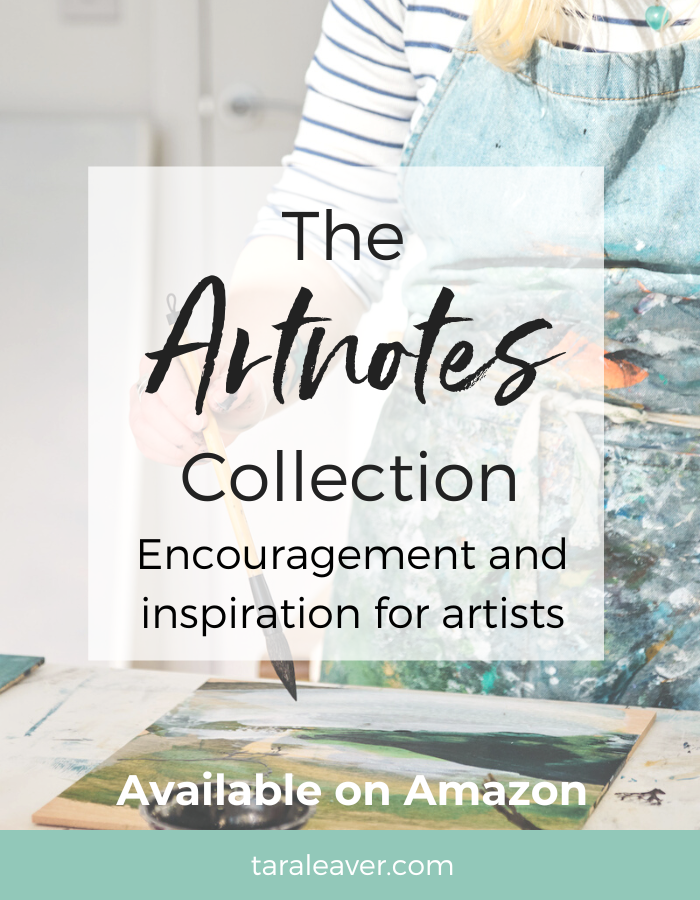
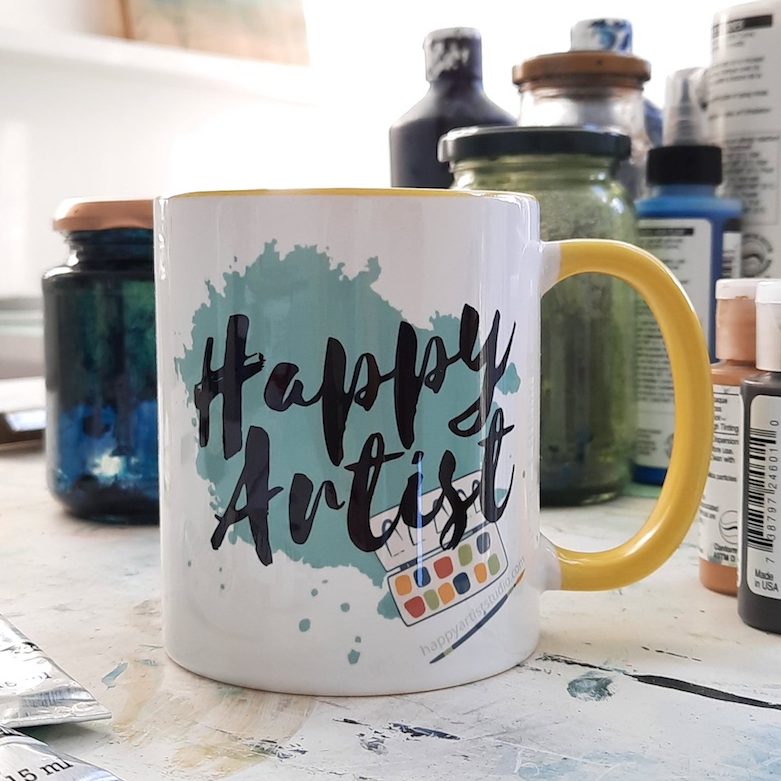
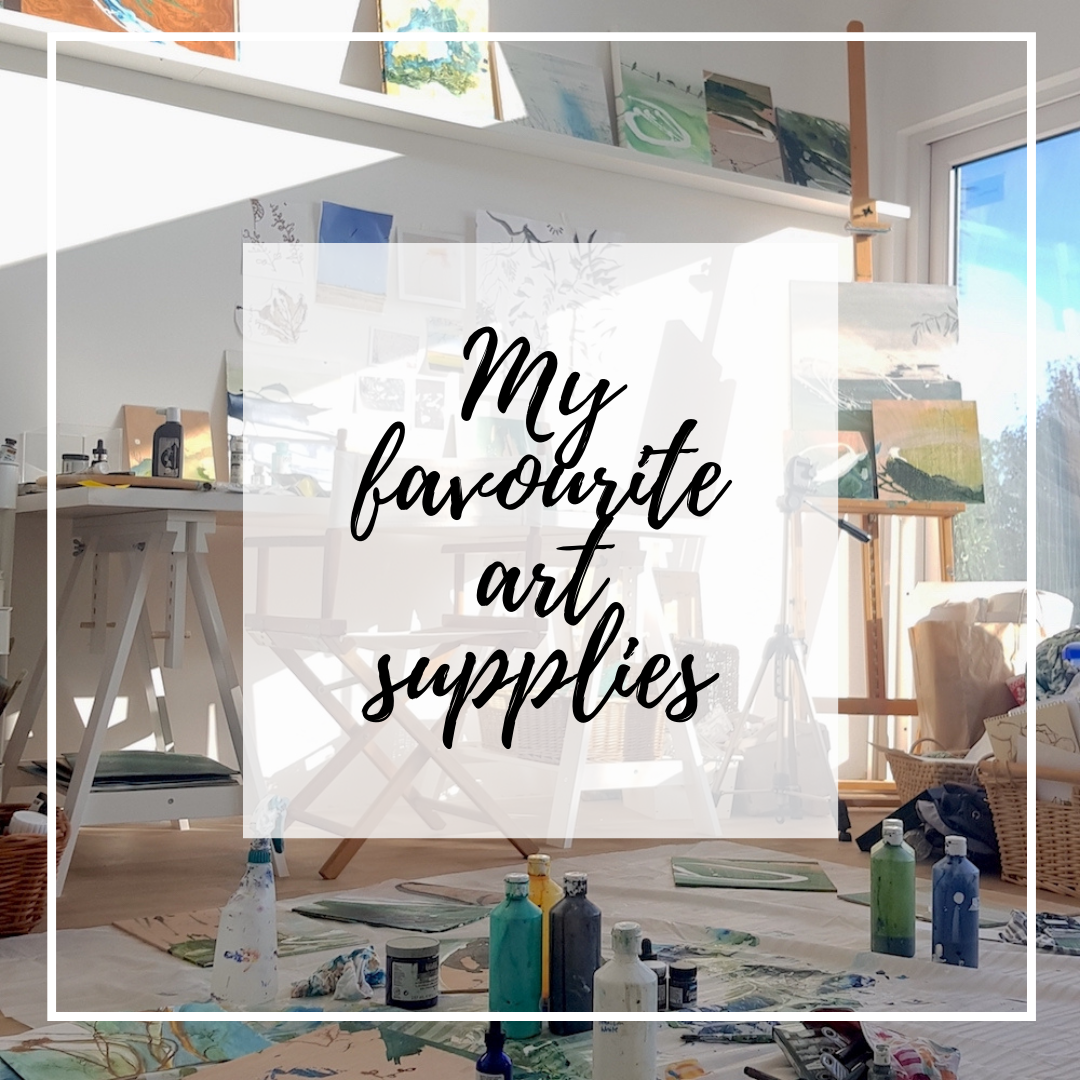
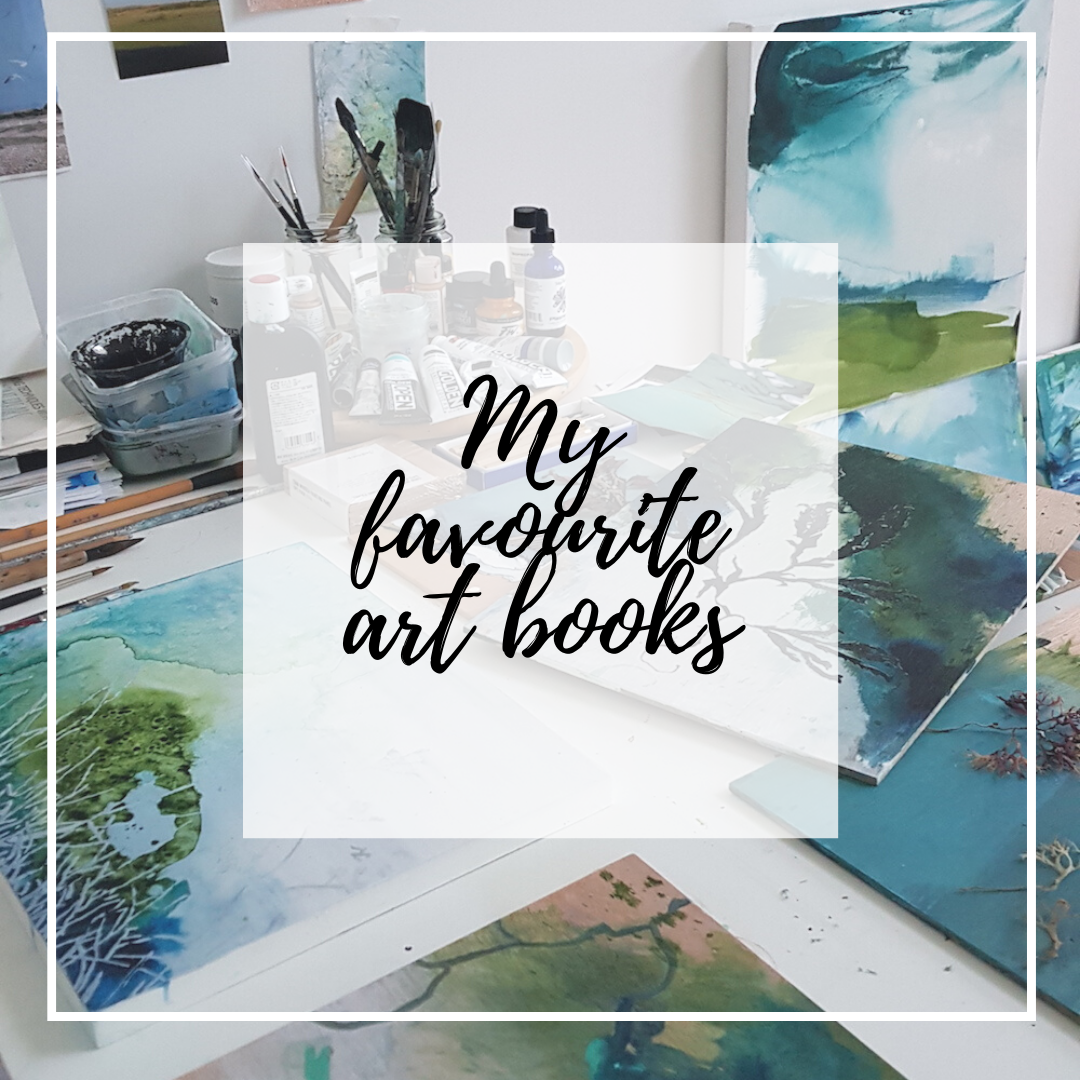
I use fluid acrylics like watercolours., and they are so vivid and lightfast. I think you would love them Megan! But, you posed an interesting question. I wonder if collage and mixed media art are treated less seriously in exhibitions and galleries?
I use watered down/fluid acrylics that way too. So many ways to use a single medium. 😉 Oh that’s a good point Victoria! It makes me think of Joseph Cornell and his boxes, and Kurt Schwitters, who invented ‘Merz’ {“the combination, for artistic purposes of all conceivable materials” – what more could you ask for in terms of creative freedom!}, and various other collages. But I do think mixed media is a bit peripheral to ‘traditional art’.
Thanks for the suggestion Victoria! I’ve got some fluid acrylics so I’ll have to give them a go!
And Tara, Joseph Cornell is one of my favorites! I was obsessed with his boxes in college (especially the ones at the Art Institute of Chicago) and the Met actually did an exhibition a couple of years ago of his boxes that were a tribute to Jaun Gris and it was spectacular! (And maybe proof that museums do take that kind of work seriously!)